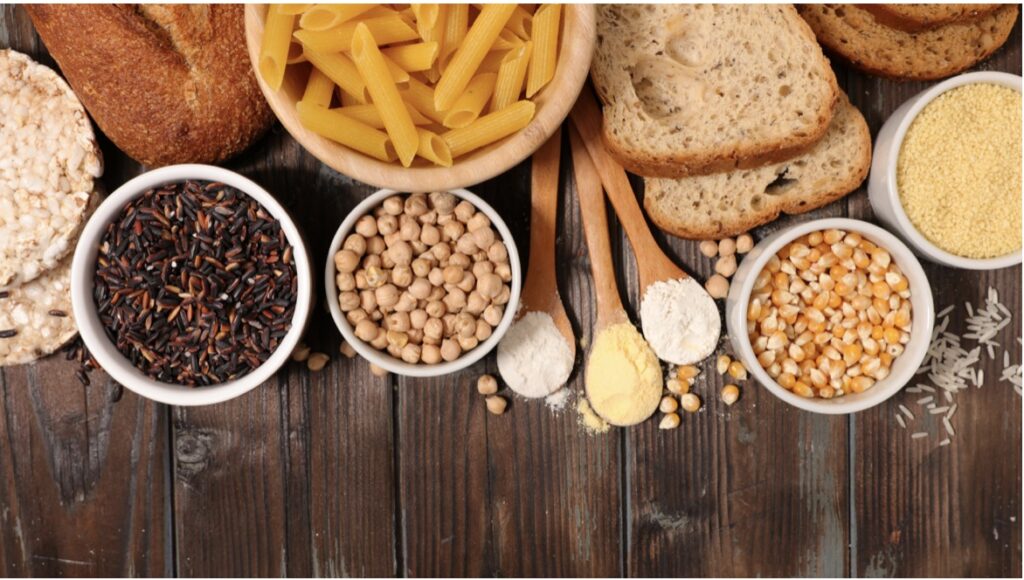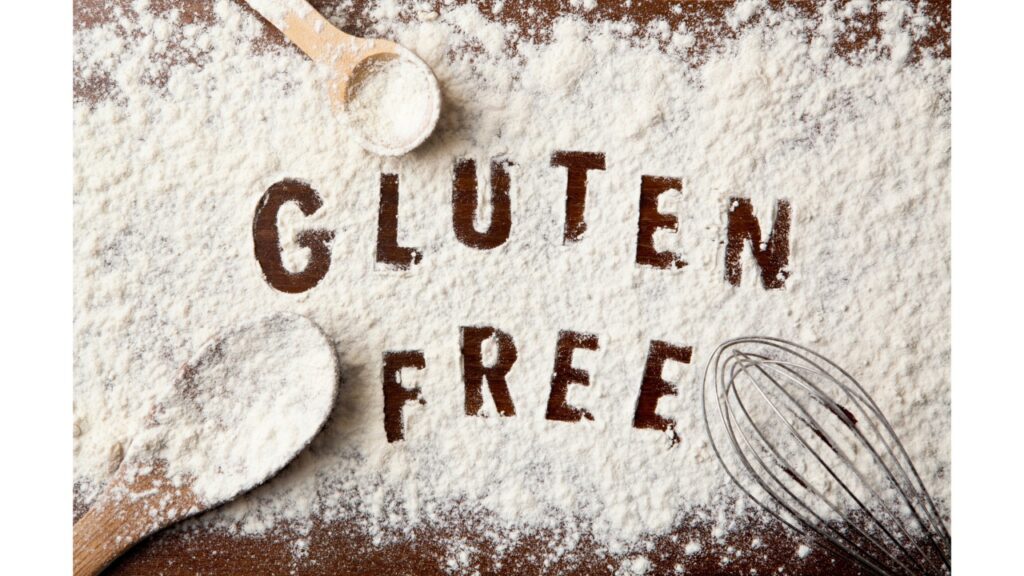What is Gluten?
Gluten is a term used to describe a group of proteins found in grains like wheat, barley, and rye. Gluten is the “glue” that holds the grain together and keeps it from crumbling. The gluten-free diet is at the top of the list of today’s diet fads. Gluten avoidance is recommended for those with specific medical issues.
Gluten can be present in a variety of foods, including breads, pastas, doughs, baked goods, cereals, and less obvious sources such as cross-contaminated oats, soy sauce, salad dressings, condiments, deli meats, cheeses, fried foods, confectionery, alcohol, pharmaceuticals, supplements, cosmetics, and more. Paying attention to food labels is essential if you’re attempting to avoid gluten.

6 Reasons to Consider a Gluten-Free Lifestyle
1. Wheat is one of the most prevalent allergens.
When you go gluten-free, you must eliminate wheat as well as other gluten-containing cereals. Because wheat is one of the most common allergies, becoming gluten-free eliminates a possible allergen from your system.
2. Gluten has the potential to cause inflammation.
If you have a gluten intolerance, ingesting gluten can aggravate your symptoms, such as joint pain. Gluten, according to some reports, might aggravate arthritis, especially if you already have celiac disease. However, even with non-celiac gluten sensitivities, there may be a link between gluten consumption and inflamed joints.
3. Gluten has been linked to thyroid issues.
Gluten has been shown in studies to have a deleterious impact on thyroid disease, and a gluten-free diet can help lower the antibodies linked with autoimmune thyroid disease.
4. Gluten-free items aren't always nutrient-dense.
Gluten-containing foods, such as wheat breads, are not considered nutrient-dense foods. On fact, in diets like the paleo diet, which focuses on just eating foods our ancestors ate for most of history, both gluten-free and gluten-containing grains are frequently avoided.
5.Gluten Sensitivities in People Who Aren't Celiac
Gluten sensitivity is thought to affect up to a third of the world’s population. Gluten sensitivities can cause a wide range of undesirable symptoms, but they aren’t always detected by a celiac test.
6. Gluten may interfere with nutrition absorption.
It’s likely that if you have gluten sensitivity or celiac disease but continue to eat gluten, your intestinal wall will get irritated. Leaky Gut Syndrome is a term used to describe a condition in which the body is unable to absorb nutrients from the diet.

If a person with celiac disease continues to ingest gluten, complications can occur, including:
Gluten sensitivity can manifest itself in a variety of ways outside of the digestive system, including the following:
MILLET – GLUTEN FREE?
Gluten-free grains are a new phrase these days, yet they’ve been consumed in India for generations. These are our classic millets, which include rice, amaranth, quinoa, buckwheat, and corn. Although oats are theoretically gluten-free, contamination can occur during processing. Gluten is a term for the proteins found in wheat, rye, barley, and other grains that function as a glue to keep meals together.
While the world is enamored with quinoa’s health benefits, our local millets may also carry a punch. Foxtail millet and proso millet, for example, offer a few grams less protein than quinoa (around 12g versus 14g per 100g uncooked grain). Protein levels are also high in sorghum (dubbed the “new quinoa”) and pearl millet.
Millets have numerous health benefits:
- They’re normally eaten whole, with very little processing.
- They are gluten-free, giving those with gluten intolerance or celiac disease a choice.
- Millets are high in protein, antioxidants, minerals (iron, copper, magnesium, calcium, phosphorous, potassium), and B vitamins (iron, copper, magnesium, calcium, phosphorous, potassium).
- They’re one of the least allergic grains on the market.
It is entirely up to you to decide whether or not a gluten-free diet is good for you. Many people prefer to try eliminating it for a period of time to see if it improves their mood. Working with a skilled practitioner to decide if a gluten-free diet is right for you is always a good idea but the best idea is to have healthy Millets Food in your daily life, here is one of the best option Millesbury because
- Ingredients sourced from ethical farming
- No additives added
- Smart-Crop Millet based snacks
- Highly Nutritious
- Wide range of products
All the products are clean, well packed and of excellent quality. For more information, visit www.millesbury.com

